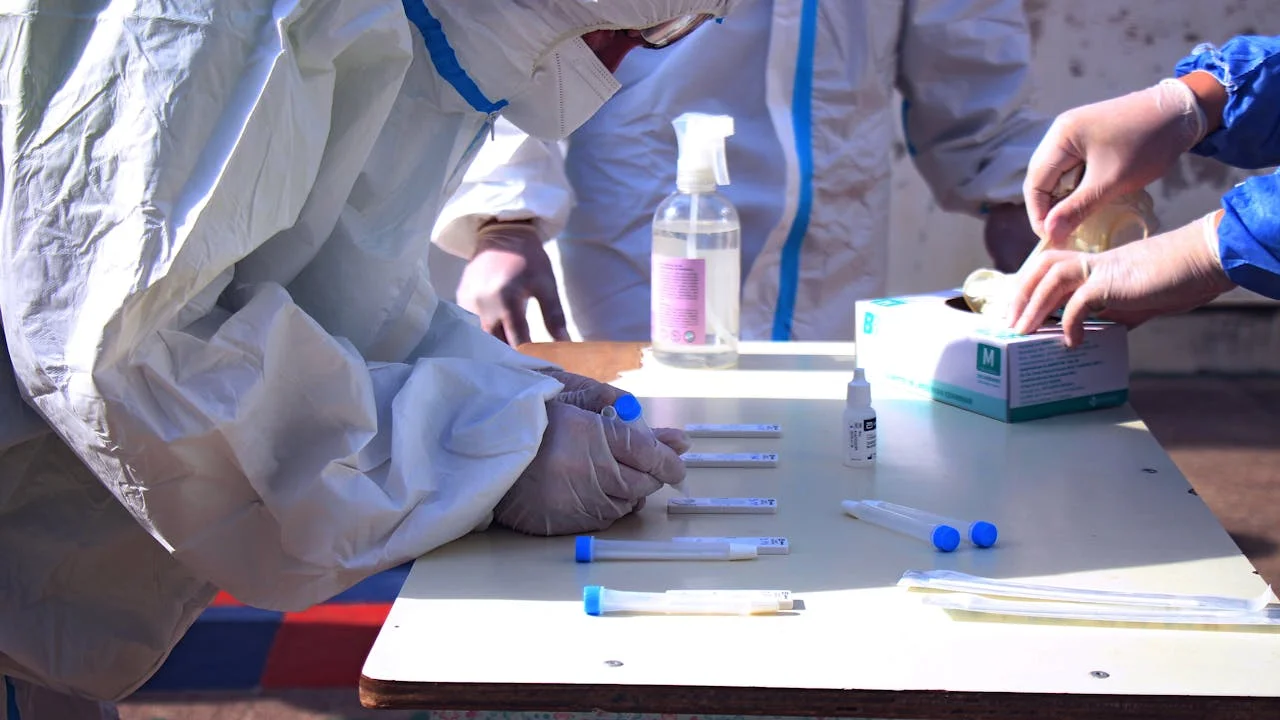
Dr. Karisha Quarrie, Head of the Clinical Directorate at Life Healthcare, elucidates: “Pathology transcends mere examination of human tissue; it delves into the intricate workings of the human body at a cellular and sometimes molecular level.” This comprehension aids medical professionals in selecting the most suitable treatment based on the root causes of illness, ensuring optimal patient outcomes.
In today’s healthcare landscape, collaboration is paramount. Pathologists and radiologists offer pivotal insights that contribute to a comprehensive understanding of your health. Integrating radiology with pathology enriches the evaluation and monitoring of disease by providing a holistic perspective. Through collaboration, pathologists and radiologists leverage imaging techniques and microscopic analysis to enhance diagnostic precision and treatment strategies. This synergy enables healthcare teams to diagnose and treat patients more accurately, leading to enhanced health outcomes.
Moreover, the role of pathology extends beyond diagnosis and treatment to encompass research driving medical progress and innovations. Pathologists contribute to scientific breakthroughs by investigating disease pathways, pioneering new diagnostic techniques, and evaluating treatment efficacy. Their endeavors lay the groundwork for future medical advancements.
Pathology serves as a beacon of clarity in elucidating disease causes and triggers, offering insights into illness origins. Recent advancements in pathology have facilitated the modification of cancer risk factors through the identification of genetic mutations and environmental influences, enabling the implementation of early detection and prevention strategies to mitigate disease susceptibility.
In contrast, forensic pathology, a specialized branch, plays a pivotal role in elucidating the circumstances surrounding unnatural deaths, employing meticulous examination techniques to determine causes of death and provide vital evidence in legal proceedings. Similarly, as understanding the cause of disease is crucial in prescribing appropriate treatments, forensic pathology is instrumental in unraveling the mysteries behind untimely deaths.
Furthermore, pathology plays a pivotal role in public health initiatives and disease prevention strategies. Epidemiological studies, often involving pathologists, aid in identifying disease patterns within populations. By analyzing data on disease prevalence, transmission routes, and risk factors, pathologists contribute to the formulation of public health policies aimed at mitigating disease burden and enhancing community well-being.
The advent of personalized medicine has propelled pathology into a new era of tailored healthcare. Advances in biochemistry and genomic sequencing enable pathologists to analyze individuals’ genetic makeup and identify molecular alterations underlying disease. This personalized approach facilitates targeted therapies that are more effective and less invasive, yielding improved treatment outcomes and enhanced patient quality of life.
Moreover, pathology fosters interdisciplinary collaboration across various medical specialties, nurturing a culture of teamwork and innovation. Pathologists collaborate with physicians, surgeons, genetic counselors, and other healthcare professionals to provide comprehensive care for patients with complex medical conditions. This multidisciplinary approach ensures integrated care addressing patients’ medical, surgical, and psychosocial needs, leading to superior health outcomes and heightened patient satisfaction.
In addition to its clinical and research roles, pathology plays a vital role in medical education and training, serving as mentors and educators for medical students, residents, and fellow healthcare professionals. Through lectures, case studies, and hands-on training, pathologists equip the next generation of healthcare providers with the skills and knowledge essential for delivering high-quality patient care.
Now more than ever, pathology stands as an indispensable component of modern healthcare, encompassing diverse roles essential for delivering high-quality patient care. Dr. Quarrie concludes: “Pathology serves as a lifeline connecting patients to better health outcomes.” Indeed, pathology epitomizes the cornerstone of healthcare, offering invaluable insights that shape medical practice and enhance patient outcomes, ultimately benefiting individuals and communities worldwide.




